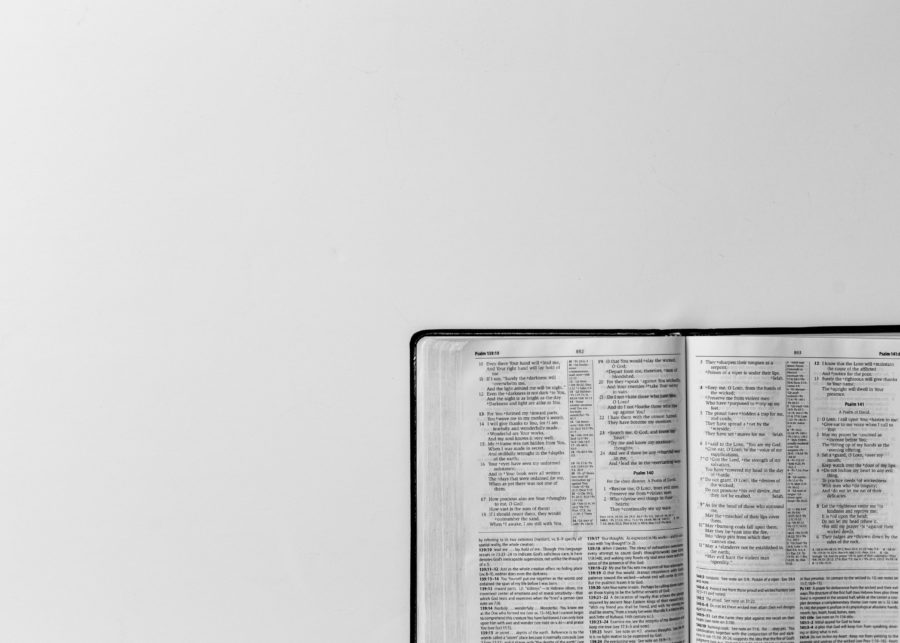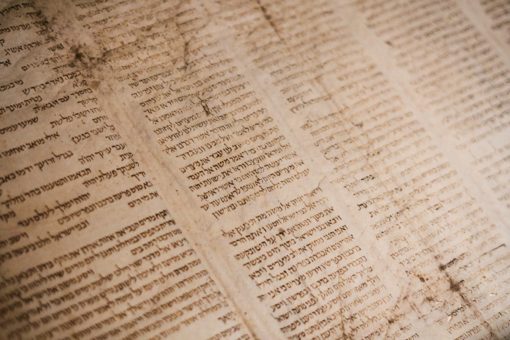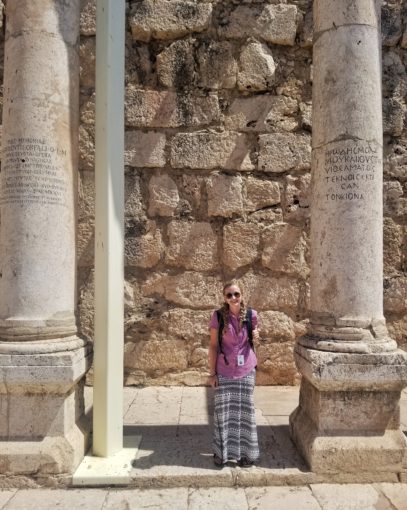
What does Shema mean?
You may have noticed a category of my blog is labeled “Shema”. Don’t worry, you’re not the only one wondering what that means. Unless you speak Hebrew, I excuse your ignorance.

What Shema Means:
Shema is the English phonetic for the Hebrew word שְׁמַע. It means to hear or listen. You can find it in Deuteronomy 6:4 as the first word of a larger section of prayer commonly known after the word as, The Shema. The prayer as a whole begins in Deuteronomy 6:4-9 and reads
“4 Hear, O Israel: The Lord our God, the Lord is one. 5 Love the Lord your God with all your heart and with all your soul and with all your strength. 6 These commandments that I give you today are to be on your hearts. 7 Impress them on your children. Talk about them when you sit at home and when you walk along the road, when you lie down and when you get up. 8 Tie them as symbols on your hands and bind them on your foreheads. 9 Write them on the door-frames of your houses and on your gates.”
The prayer is an integral part of daily Jewish tradition, spoken ever morning and evening. It is one of the few prayers specifically commanded by God in the Old Testament.

Why I Use it:
It might seem odd that I’m using this phrase since I’m not Jewish. However, as a Christian, I accept the teachings of the Old Testament as well as the New Testament. Romans 11 makes it clear that Gentiles can be brought into God’s family as equally as the Jews, and I believe understanding God’s word in the original Hebraic context offers insights and understanding that could otherwise be overlooked. After all, Jesus was a Jew and would have said The Shema daily. If our job as Christians is to become more like Jesus, why then would we ignore the culture that He not only lived in but embraced?
I use the word not to command you to listen to me, but to allude to the prayer and fulfill its purpose by talking about the Lord. This category of my blog will include everything relating to my faith. My hope is that you will read the lessons I’ve learned when you sit at home, and when you walk along the road, and when you lie down, and when you get up as Deuteronomy instructs. Interact with the conversation by commenting on your own thoughts.

Personal Significance:
This past summer I was blessed with the ability to study for 15 days in Israel. Our team recited a section of the Shema first in Hebrew, and then in English multiple times a day. We said it not as a quiet prayer but shouted it as a declaration of the truth we have come to know. I have since integrated the words into my daily life, quite literally following the instructions Deuteronomy to ” 8 Tie them as symbols on your hands and bind them on your foreheads. 9 Write them on the door-frames of your houses and on your gates”. I keep a small scroll of the words in a mezuzah on my door post and have a small tattoo of the word Shema. The prayer helps align my priorities throughout the day and serves as a reminder of the purpose I have.
